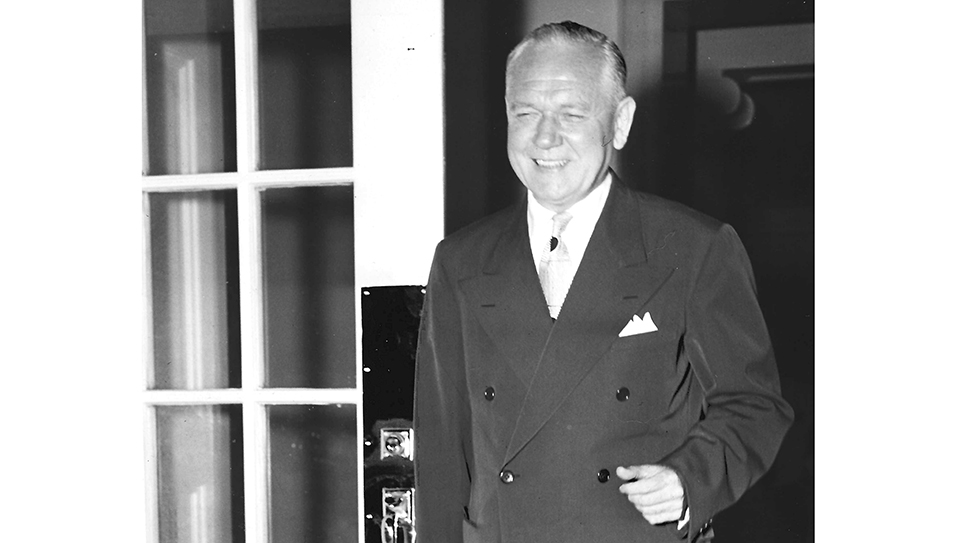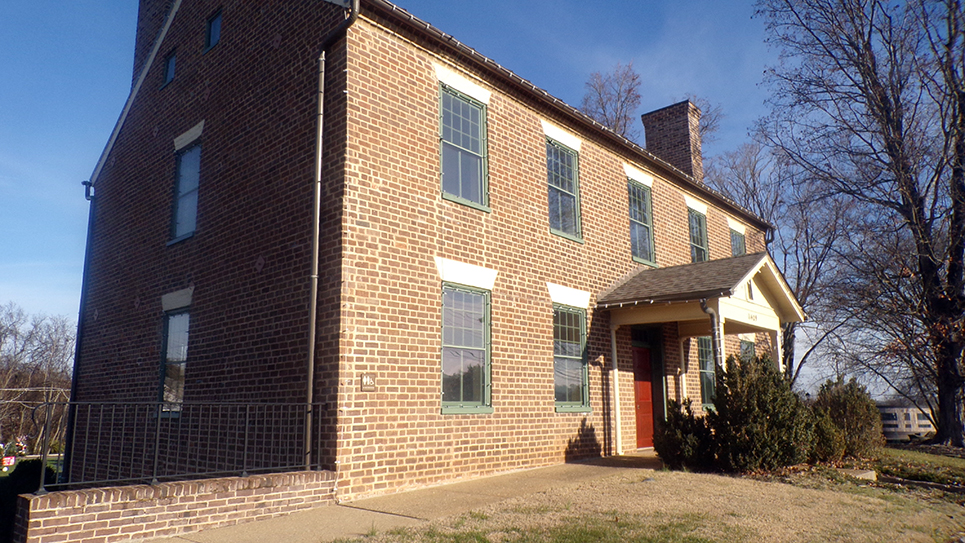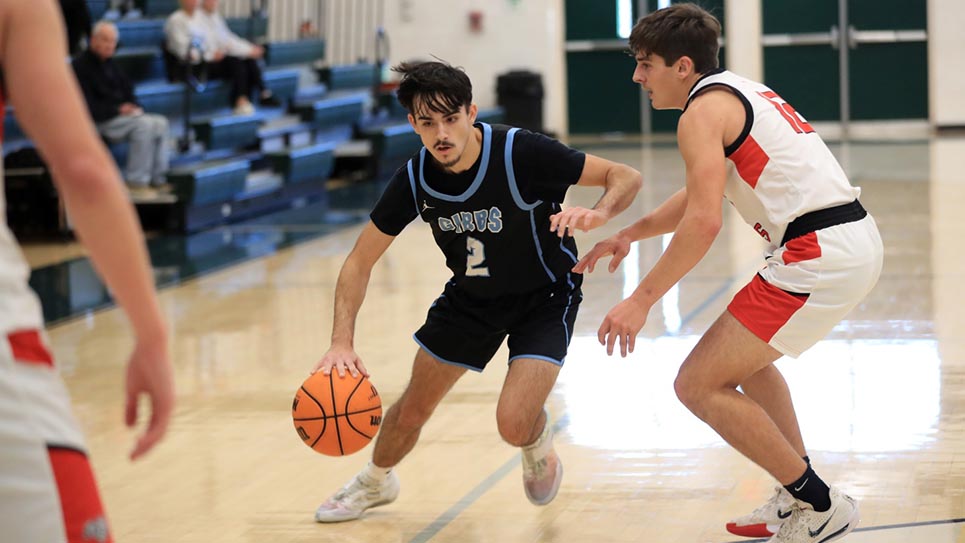‘A basic flaw in the college game’
By Tom Mattingly
“There is a basic flaw in the college game, one that courses through its body like an infection. It is called recruiting, and it is the bane of college football.”
Sports Illustrated’s John Underwood (Nov. 25, 1934-April 12, 2023) made that pronouncement in a 1979 book titled “The Death of an American Game: The Crisis in Football.” Underwood was known best for biographies of Boston Red Sox Baseball Hall of Fame honoree Ted Williams and Alabama’s legendary head football coach, Bear Bryant.
Many Vol fans remember Underwood for his coverage of the 1967 Tennessee-Alabama game, one of the great victories in school football history.
In a chapter called “Of Colleges and Coaches,” Underwood comes to the conclusion that the recruiting process is a “phenomenon that deserves looking into.”
Underwood followed up with the story of accompanying newly hired Tennessee head coach John Majors and assistant coach Robbie Franklin, as they visited Donnie Evans, a highly-sought player from Franklin, Ky., in early 1977.
Robbie, who played at Tennessee (1964-66), was in charge of the trip. He remembered the day well, allowing that it was his first trip with Majors, in his first year back in Knoxville after tenures at Iowa State and Pittsburgh.
“I was uneasy, because I wanted everything to go like clockwork,” he said. “Up to that point, my total time frame with him was about two hours out of my life and his.”
Majors was fresh off a national championship at Pittsburgh and was like an “entertainment figure,” said Robbie.
“With the success coach Majors had had when he came to Tennessee, we could not land at an airport in Nashville or Memphis that there wasn’t an entourage of people there to meet him, news media, old teammates, and friends from U.T.”
Very few writers from Sports Illustrated or any other national magazine have had the opportunity to see to the inner workings of collegiate football recruiting.
The trip came about when Robbie alerted Majors to an “emergency” with Donnie. Ohio State’s Woody Hayes had recently visited the Evans home. There was a chance of losing a highly-regarded prospect.
The flight on a University of Tennessee-owned Navajo aircraft went from Knoxville to Bowling Green. It didn’t help Franklin’s efforts that the rental car at the airport was not readily available.
It also didn’t help that Majors noted that it was taking longer than Robbie had advertised to get there, noting the passage of time even while in conversation with Underwood.
“Afraid he had passed the boy’s house,” Underwood wrote, “Franklin had made a premature turn, became disoriented, and was too embarrassed to confess. He kept driving, hoping for a familiar landmark.”
Finally, the house came into view, and the visit began.
Underwood wrote 14 pages, covering a more than two-hour session at a “squat, cinder-block house the washed out color of an undeveloped sepia-tone photograph.”
Majors led the conversation. He was definitely in his element.
“He was a recruiting machine,” said Franklin. “When it came time to go out of town and visit prospects, he could click them off. He had a list of the ones he wanted to go see, and Donnie Evans was high on his priority list.”
There were two critical moments during the visit, wrote Underwood.
“Coach Majors,” Donnie’s father, Buck, said before Donnie came in the house, “I think we got a problem. Woody Hayes was here last weekend and sold Donnie a bill of goods. I want him to go to Tennessee, but Donnie’s like his mother. Every time he hears something new, he changes his mind.”
While Donnie’s attention seemed to waver during much of the conversation, Majors struck gold when he talked about Donnie’s “future being formed in his own backyard.”
“Coach, that backyard is 200 miles from here,” Donnie replied.
Majors was ready: “How far is it to Columbus?”
“I think he’s got you there,” said his dad.
Later, Robbie told Majors he thought John had “turned him around.”
He had.
Evans signed the next day, with Majors telling Underwood, “I think Robbie’s looking for a raise.
“You have a lot invested in these athletes,” said Robbie, looking back. “I was disappointed. You can’t help it. I just wonder if we did everything we needed to do to nurture him.”
But there was more.
“He ended up having a successful career. It just wasn’t at Tennessee. He played at Western Kentucky and ended up being a Little All-America. ”
For his part, Franklin left coaching after the 1978 season.
“I had made the decision I was going to change careers,” he said.
For Robbie Franklin, a graduate of Knoxville’s Holston High School, it all started when George Cafego proffered a Tennessee football scholarship in the early 1960s. He was a starter on the 1964 squad.
No one could have foreseen his journey over the ensuing years, but he was a part of many great moments in Tennessee history during his playing and coaching days.






